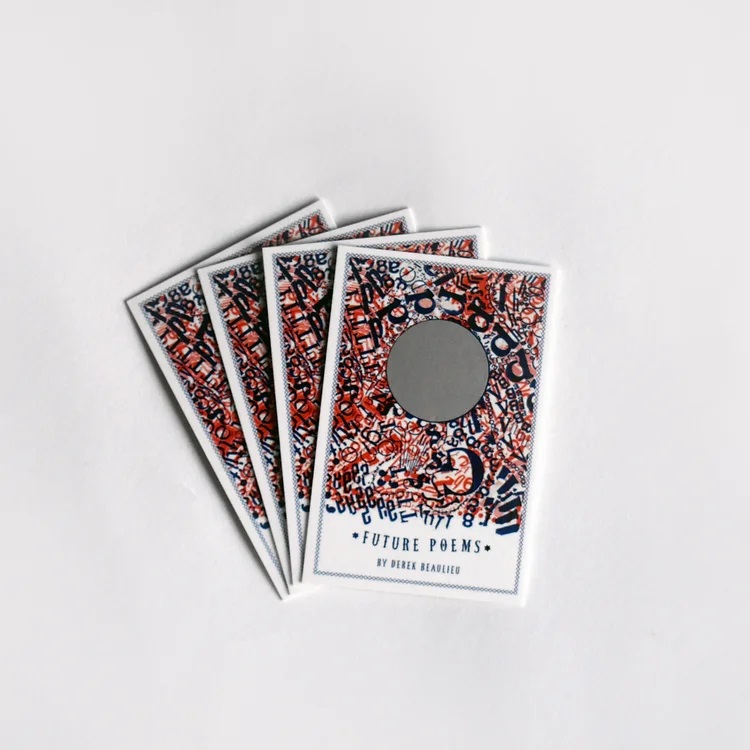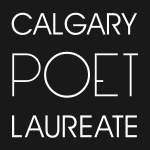After several years of pandemic and struggle, 2023 felt like a growth year – a year to reassess, reappraise, and return to new ways of creating, thinking, and responding. 2023 is gone in just a few short weeks, here’s what I was up to this year:
As Banff Centre’s Director of Literary Arts, I developed a slate of residencies—both online (allowing participants to receive mentorship from their own home, fitting in with their schedules) and in person (it’s so great to welcome writers to Banff Centre’s campus). Literary Arts residencies—all of which had tuition 100%-scholarshipped—enabled international writers to work with exceptional faculty: January’s Winter Writers Residency with Nasser Hussain, Lisa Robertson, and guest speaker Holly Melgard (Troll Thread), March’s Graphic Novels and Visual Narratives with Matt Madden, Bishakh Som, and guest speaker Andy Brown (Conundrum Press); June’s Literary Journalism Residency with Charlotte Gill, Carol Shaben, and Michael Harris; July’s Summer Writers Residency with Stuart Ross, Canisia Lubrin, and guest speaker Leigh Nash (Assembly Press); October’s Emerging Writers Residency: Poetry with Sharanpal Ruprai, Suzanne Zelazo, and professional guest Naomi Lewis (Freehand Books) and November’s Late Fall Writers Online Residency with Moez Surani and Klara du Plessis. Banff Centre Literary Arts has some amazing plans for 2024 with faculty Waubgeshig Rice, Kyo McLear, Elamin Abdulmahmoud, Casey Plett, Sina Queyras, A.E. Stallings, Ian Williams, Charlie Foran, Ayelet Tsabari, Daniel Levin Becker, Fawn Parker, Annick MacAskill, Kazim Ali, Kim Fu, Norm Nehmetallah, John Yau, Jen Sook Fong Lee, Danielle Dutton, and more … all responding to the needs of international writers. Lots of great news on the Banff Centre website.
In 2023 Malmo, Sweden’s Timglaset Editions published my Silence: Lectures and Writings and I am thrilled with the book. Crafted over the pandemic, and featuring an afterword by Peter Jaeger, Silence responds to every page of John Cage’s book of the same title, creating a sonic landscape of breath, reflection, and pause. Timglaset’s Joakim Norling is unwavering in his support of risk-taking books and I’m honoured to have published with him again.
This year also saw the publication of the 2nd edition of Kern from California’s Punctum Books, returning that long out-of-print volume back to a readership.
In addition to being Banff’s Poet Laureate, I spoke to students via Zoom at University of Washington – Bothell, York University, and Douglas College and performed readings at Calgary’s Pages Books on Kensington, Ottawa’s Carleton Tavern, Vancouver’s Fairleigh Dickinson University, Banff’s Legion Hall, and London, England’s London Small Publishers Fair. I exhibited my visual poetry as part of This is a Poem (Central Branch, Calgary Public Library. Calgary, AB.) and “I Wish…” (Shandy Hall Gallery, Coxwold, Yorkshire, UK.)
I had work published in The Rocky Mountain Outlook, Westword, Periodicities, ctrl+alt+del, Arc, Oesa, Petrichor, The Penetang Review, The Stony Thursday Book, and Right Click Save and in the anthologies Poème Objkt Sbjkt, Report from the Smith Society Vol. 1, Interpoem: A Visual Anthology, and, in translation, in Nouvelles de l’Alberta: Anthologie de textes littéraires / Alberta Shorts : An Anthology of Literary Texts.
There were also 8 different small press editions of my work published in 2023: Ontario Hydro and a 2nd edition of Tattered Sails (both from above/ground press), 🙂 (Anstruther Press), Future Poems (Poem Atlas), as well as UMNV, Chinook Arch, Network, and Ossification (all from my own No Press).
I continue to place free PDFs of all of my work online—help yourself.
Through No Press I published 17 different editions of poetry and prose – including 3 issues of The Minute Review – with contributions by 47 different international, national and local emerging and established writers. Each edition was meant to help spread the word of risk-taking international writing. Thank you for trusting me with your work. Paper & Thread: 25 years of housepress and No Press celebrated a quarter-century of my small press publishing a print-on-demand edition of reflection by authors around the world.
None of this would have been possible without my incredible partner, Kristen, and our amazing kid Maddie (who has just published a monograph with UBLibraries on Julie Johnstone’s Essence Press). My parents and mother-in-law have also been a steady voice of support and love; thank you.
In so many ways I only excel because of the strength and support of my community of friends and colleagues, especially Gary Barwin, Greg and Lisa Betts, Christian Bok, Kit Dobson, Helen Hajnoczky, Aubrey Hanson, Nasser Hussain, Kaley Kramer, rob mclennan, Astra Papachristodoulou, and so many others. Thank you.
Here’s to 2024.






 To celebrate
To celebrate 




